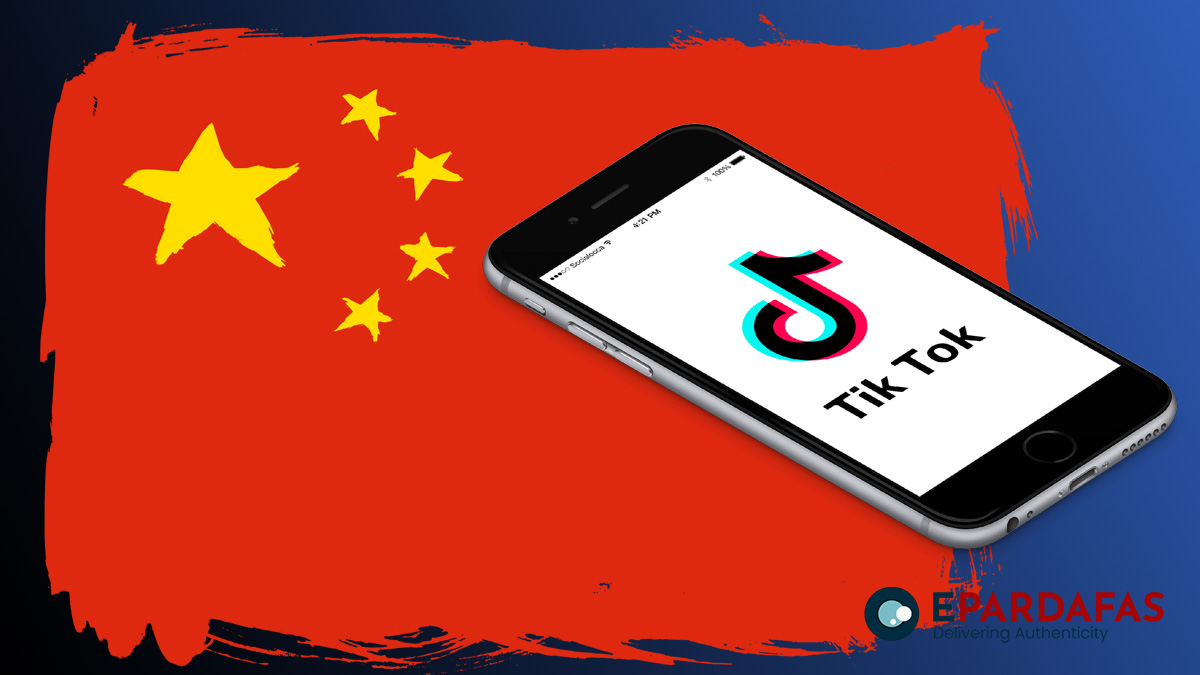
US House Passes Bill That Could Ban TikTok Nationwide, China’s ByteDance Under Pressure

The US House of Representatives has overwhelmingly passed a bill that would give TikTok’s Chinese owner ByteDance about six months to divest the US assets of the short-video app, or face a ban, in the greatest threat to the app since the Trump administration.
The bill passed 352-65 on Wednesday (local time), with bipartisan support, but it faces a more uncertain path in the Senate where some favour a different approach to regulating foreign-owned apps posing security concerns. Senate Majority Leader Chuck Schumer said the Senate will review the legislation.
The fate of TikTok, used by about 170 million Americans, has become a major issue in Washington.
Lawmakers said their offices had received large volumes of calls from teenage TikTok users who oppose the legislation, with the volume of complaints at times exceeding the number of calls seeking a ceasefire between Israel and Hamas in Gaza.
“This process was secret and the bill was jammed through for one reason: it’s a ban,” a TikTok spokesperson said after the vote, adding that they hoped the Senate will “consider the facts, listen to their constituents”, when considering the bill.
The measure is the latest in a series of moves in Washington to respond to US national security concerns about China, from connected vehicles to advanced artificial intelligence chips to cranes at US ports.
“This is a critical national security issue. The Senate must take this up and pass it,” No 2 House Republican Steve Scalise said on social media platform X.
Senate Commerce Committee chair Maria Cantwell, who will play an important role in the Senate’s next move, said she wanted legislation “that could hold up in court,” and was considering a separate bill, but was not sure what her next step would be.
The vote comes just over a week since the bill was proposed following one public hearing with little debate, and after action in Congress had stalled for more than a year. Last month, President Joe Biden’s re-election campaign joined TikTok, raising hopes among TikTok officials that legislation was unlikely this year.
The House Energy and Commerce Committee last week voted 50-0 in favour of the bill, setting it up for a vote before the full House.
TikTok CEO heads to Washington
TikTok chief executive Shou Zi Chew will visit Capitol Hill on Wednesday (US time) on a previously scheduled trip to talk to senators, a source briefed on the matter said, amid popular support for the app.
Several dozen TikTok users rallied outside the Capitol before the vote. The company paid for their travel to Washington and accommodation, a TikTok spokesperson said.
The group included Mona Swain, 23, who said she had joined TikTok in 2019, during her freshman year at college pursuing musical theatre. Now a full-time content creator, she said she was paying her mother’s mortgage and for her brother and sister’s college educations with her earnings from the app.
“It’s gonna put a lot of people out of work, which is the scariest part,” Swain said. “We live in a time where the majority of people my age are barely getting by day-to-day. And to be put out of work at such a crazy time in my life and just in a lot of other creators’ lives, it’s really, really scary right now.”
But the political climate is in favour of the bill. Biden said last week he would sign it and White House national security adviser Jake Sullivan on Tuesday said the goal was ending Chinese ownership, not banning TikTok.
“Do we want TikTok, as a platform, to be owned by an American company or owned by China? Do we want the data from TikTok – children’s data, adults’ data – to be going, to be staying here in America or going to China?” he said.
It is unclear whether China would approve any sale or if TikTok’s US assets could be divested in six months.
If ByteDance failed to do so, app stores operated by Apple , Alphabet’s Google and others could not legally offer TikTok or provide web hosting services to ByteDance-controlled applications.
In 2020, then-President Donald Trump sought to ban TikTok and Chinese-owned WeChat but was blocked by the courts. In recent days he had raised concerns about a ban. It remains unclear if Tencent’s WeChat or other high-profile Chinese-owned apps could face a ban under the legislation.
Any forced TikTok divestment from the US would almost certainly face legal challenges, which the company would need to file within 165 days of the bill being signed by the president.
There are still potential legal issues with the American Civil Liberties Union and other advocacy groups arguing the bill is unconstitutional on free speech and other grounds.
In November, a US judge blocked a Montana state ban on TikTok use after the company sued.











Comments